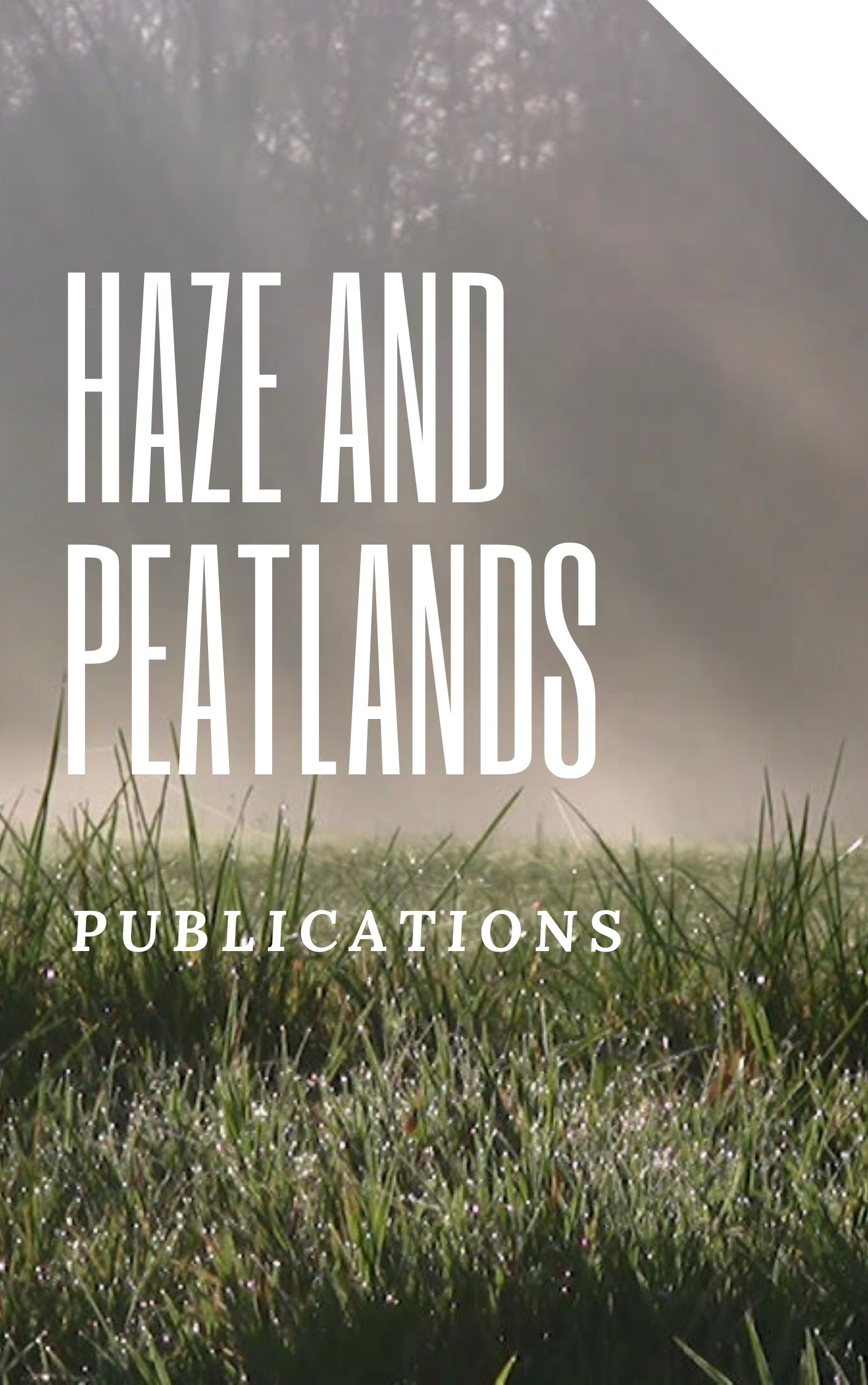The application of peat water may be able to address the problem of water scarcity. This study used Moringa oleifera seed as a coagulant via jar tests in a series of coagulation-flocculation processes to remove humic substances (HS) from peat water. Characterisations were performed on the coagulant and peat water. GC-MS analysis showed that oleic acid and octadecanoic acid are two of the main parts of the seeds that help in the coagulation process. FTIR analysis revealed that the coagulant consists of hydroxyl, carboxyl, and amino groups that can be ionised. To attain the maximum HS removal of peat water, three parameters, namely coagulant dosage, pH value, and contact time, were varied and optimised by response surface methodology (RSM) via Box-Behnken Design. The quadratic model predicted that the ideal condition of 1.94 g/L of coagulant, pH 7.6, and a contact time of 86 min would result in 91.1% of HS removal, which was comparable with the experimental value of 88.4% removal. Antimicrobial study was performed using ethanolic and hexanic extracts of moringa powder. The largest inhibition zone was demonstrated by the ethanolic extracts against S. aureus (18.33 +/- 0.58 mm), while the weakest activity was observed in hexanic extract against E. coli at 5.00 mm. This proves that the coagulants possess antibacterial properties against both types of microbes. By using a modified jar test, this study sheds new light on the possibility of using peat water as a source of water and M. oleifera as a possible natural coagulant.
View source

